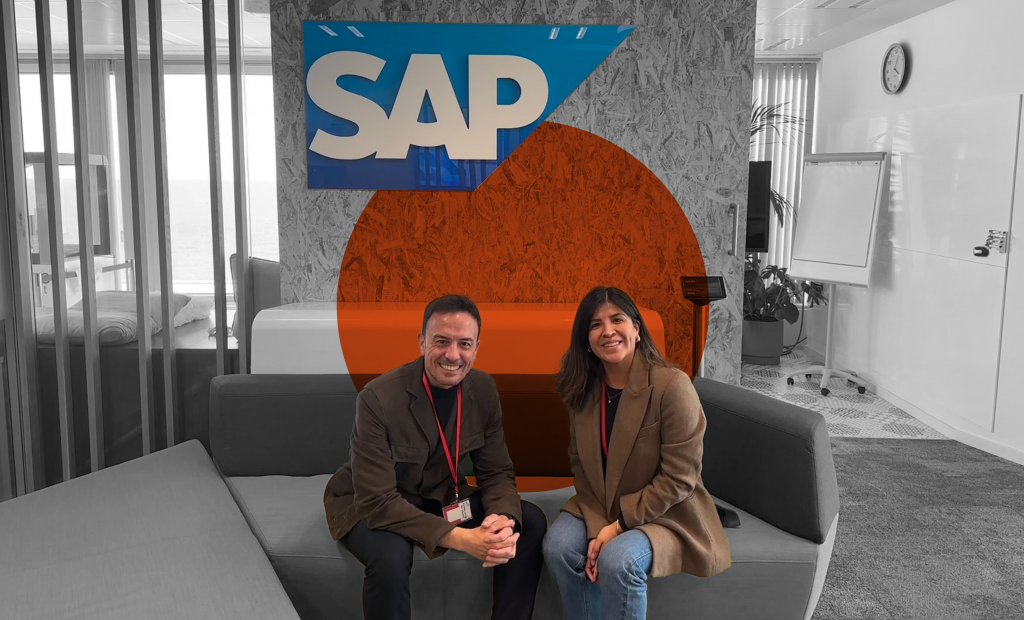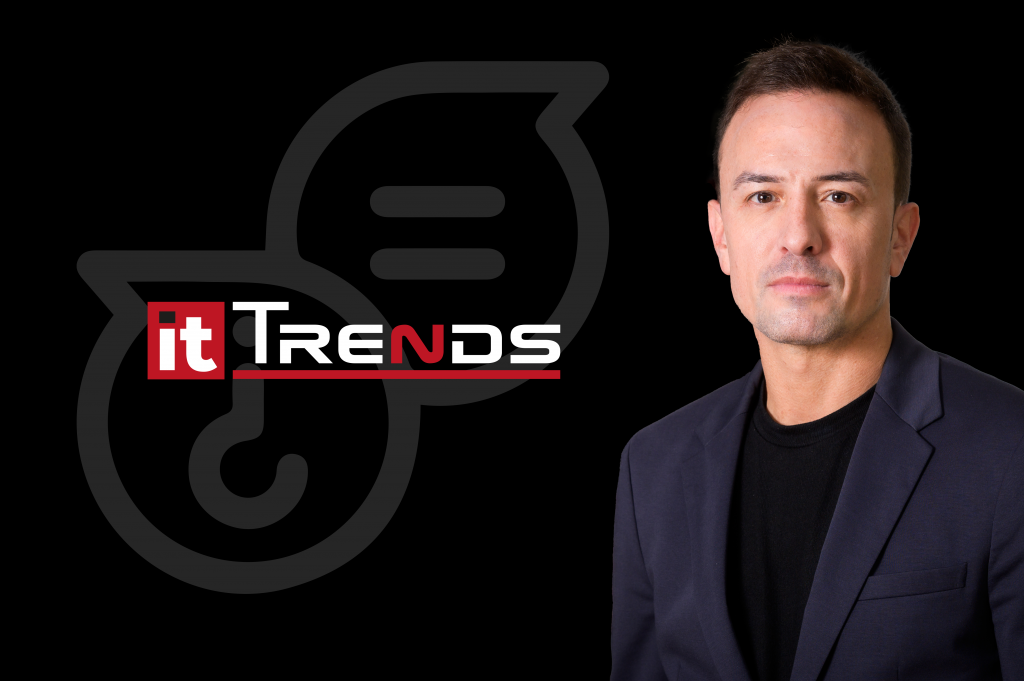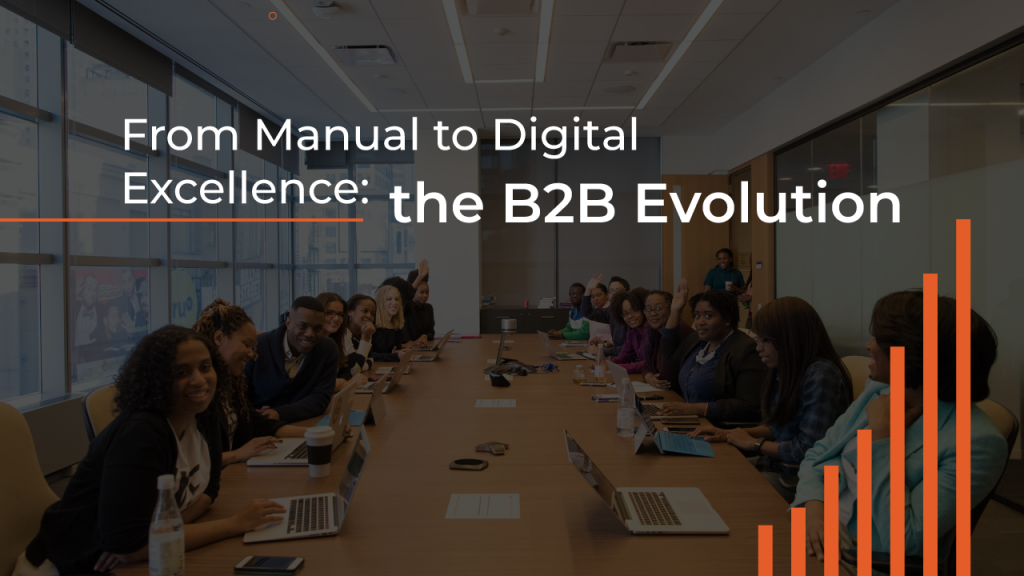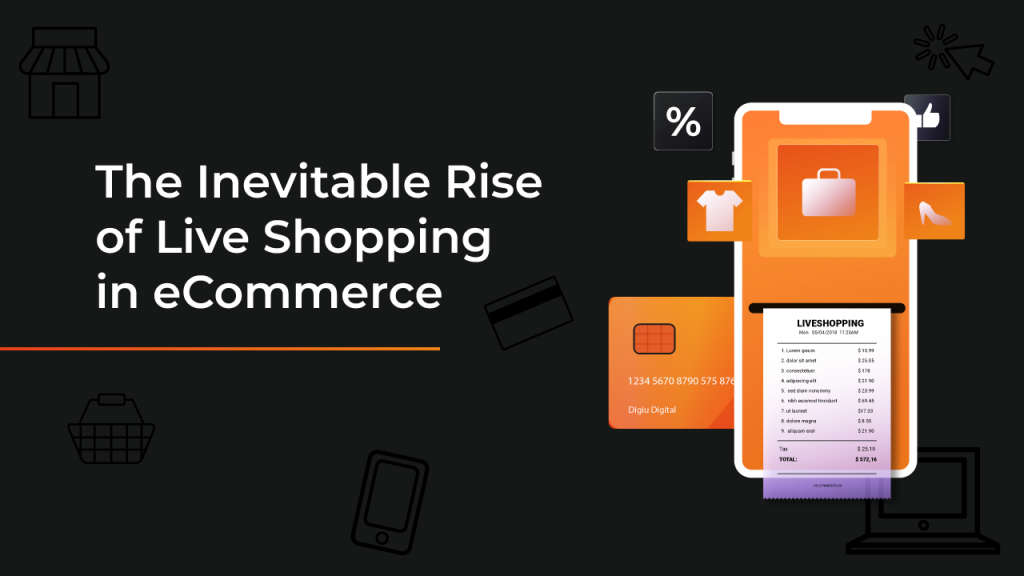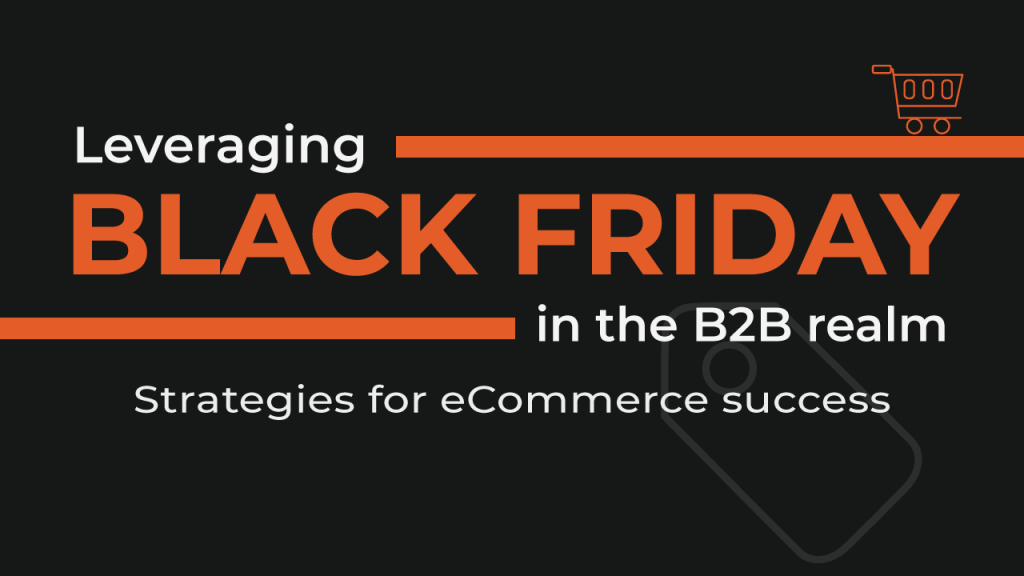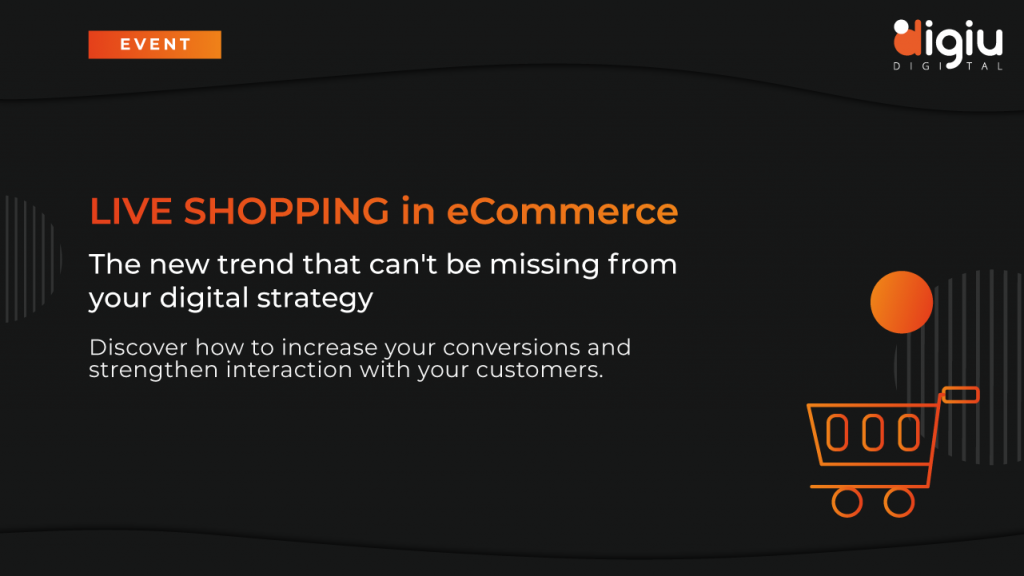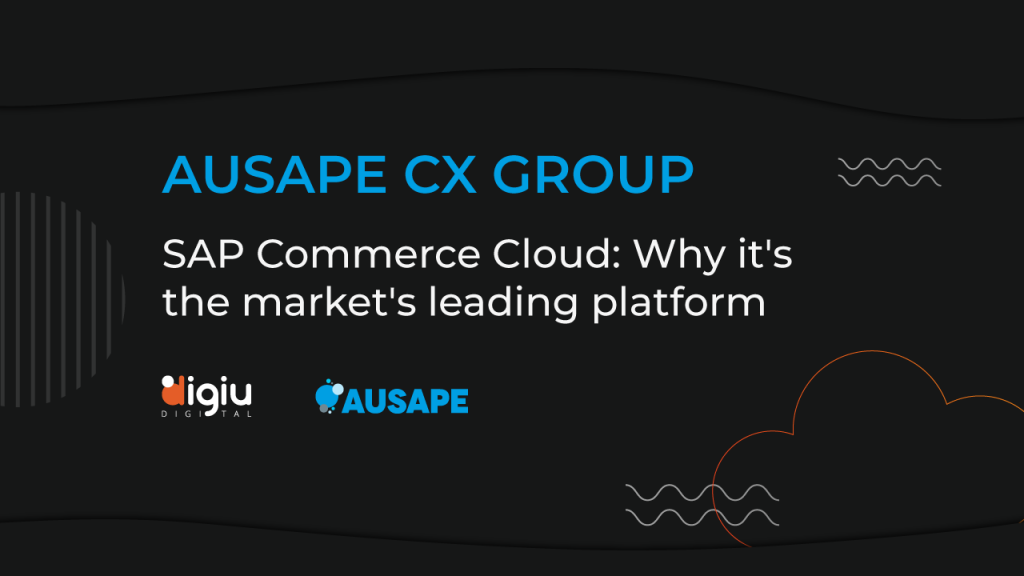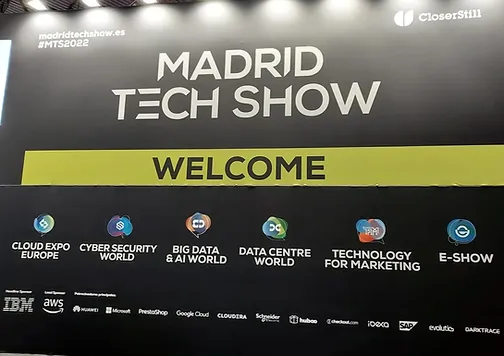The long-awaited eShow Madrid 22, the fastest-growing eCommerce and digital marketing event in Europe, held its 2nd edition on October 26th and 27th. More than 8,000 professionals attended the IFEMA fairgrounds in Madrid, showing once again its clear commitment to this booming sector. Publicis Groupe España once again participated in the fair: Publicis Groupe’s commerce division, Publicis Commerce, directed by José Luis Ferrero, organized the first retail media congress and fair, the Retail Media Show, in the Publicis Commerce Theatre. In this space, professionals from different areas shared in various presentations and round tables their vision on this trend, which is growing like crazy in recent times. Major brands such as Coca Cola, Bimbo, Samsung, Mahou, Mondelez and L’Oréal, among others, participated in the conversation, as well as retailers such as WOW, Promofarma, Dia and Carrefour. Also present were leading retail media technology companies such as CitrusAd, Criteo and RelevanC, who presented their latest innovations to accelerate their adoption in Spain. In addition, experts discussed how emerging technologies enable and accelerate the omnichannel of physical and online points of sale through the case of Socloz, for example, or the use of WhatsApp as a transaction and loyalty accelerator with ChatWith.io. Strategies for connecting with Generation Z and female audiences In other round tables, Publicis Commerce brought together spokespeople from brands such as Renault and Samsung to address the issue of the new generations. Initiatives such as JASP (from Renault) or the strategies of the technology company with Ibai Llanos in social networks marked the debate on how to reach young people. The world of healthcare was represented at eShow Madrid 22 by professionals from Haleon, the new commercial name of GSK’s new consumer division, and companies from the social-professional economy such as ILUNION, a reference in the balance between economic and social aspects and a leader in diversity with a business model that is unique in the world. For its part, Stellantis conveyed its vision of how the future of retail will be applied to the purchase of motor vehicles and automobiles, where the influence of digital is not only in the information part but also in the transactional part. Meanwhile, platforms such as ShowroomPrivé Ads presented initiatives that allow them to impact the female audience in a segmented way. As a novelty, Vtex, an ecommerce and innovation company, presented in a native way how its platform allows retail media actions within the platform as well as live shopping as a very successful solution. Pioneering retail media companies star in the second day of eShow Madrid On the second day of eShow Madrid 22, Adigital, Spanish Association of Digital Economy, shared the results of its latest studies to create in Spain an optimal environment for the development and growth of the digital economy, which allows to achieve a more open, competitive and sustainable society. Innovative strategies were also presented, such as that of ebike.es, an e-commerce platform for electric bikes that, thanks to ChatwithIO and its WhatsApp solution, has accelerated its omnichannel sales. Amazon Advertising, a pioneer in retail media, was also present at Theatre Publicis Commerce, and Glovo and Quick Commerce could not miss their space. The heads of the supermarket Dia, which thanks to its initiatives has become one of the most innovative companies in retail media and commerce in general, explained how they have managed to put their platform close to the consumer both with physical stores and through Plaza de Dia on Amazon, as well as through Glovo and its own digital transactional ecosystem. The importance of omnichannel for the future Within the framework of eShow, the companies Spryker and DIGIU Digital also played a leading role. Spryker, a platform specialized in “composable commerce” for companies, launched its predictions for 2023 through one of its CEOs, Alexander Graf. “Many brands are realizing that while Amazon may have been a necessary evil in the past, in the future they will only grow and succeed when they control access to consumers, not through third-party sellers. Having this direct relationship with the consumer will be so important, that many companies will prioritize creating a B2C marketplace of their own, which will not be easy to execute,” he said. Although investment in marketplaces is expected to continue to grow, and it is good to optimize sales, we must consider the buying process from the buyer’s perspective. A proprietary marketplace, including proprietary inventory, is not a small change but a total transformation of the business model, let’s not forget,” he concluded. For his part, Emilio Osete, co-founder and CEO of the DIGIU Digital group, said: “In 2023, in a context of global hyperinflation and after more than 2 years since the pandemic, all companies must review their omnichannel strategies to optimize to the maximum all the buying potential of their customers, who expect an in-store experience that also has to do with delivery options from the online channel, thus demanding a combination of online and retail strategies (Phygital).” “Mobile, social commerce and immersive in-store technology are going to be the levers of growth, where it will be key to navigate in an unstable global economic environment, with multiple strategies in parallel. And in this context, personalization will be key to increasing customer engagement with the brand,” he said. Black Friday, an opportunity for e-commerce businesses The keys to Black Friday and e-commerce in 2023 were also discussed at another table moderated by Prestashop and attended by Product Hackers, MaterialEscolar.es and The Sensory Lab. Topics such as Growth Hacking, sensory experiences at the physical point of sale and competing with the big names in eCommerce by being a specialist store were part of the debate. New trends and innovations also had their place with Ghop, a Spanish smart store model that operates autonomously; Tiendeo, the geopositioned communication solution for promotions and brochures of physical retailers, as well as the upcoming opening of the Czech food specialist, Sezamo, which will open in Madrid soon with its market purchasing solution with more than …
The technology fair eShow Madrid 22 brings together more than 8,000 people in its second edition Read More »
